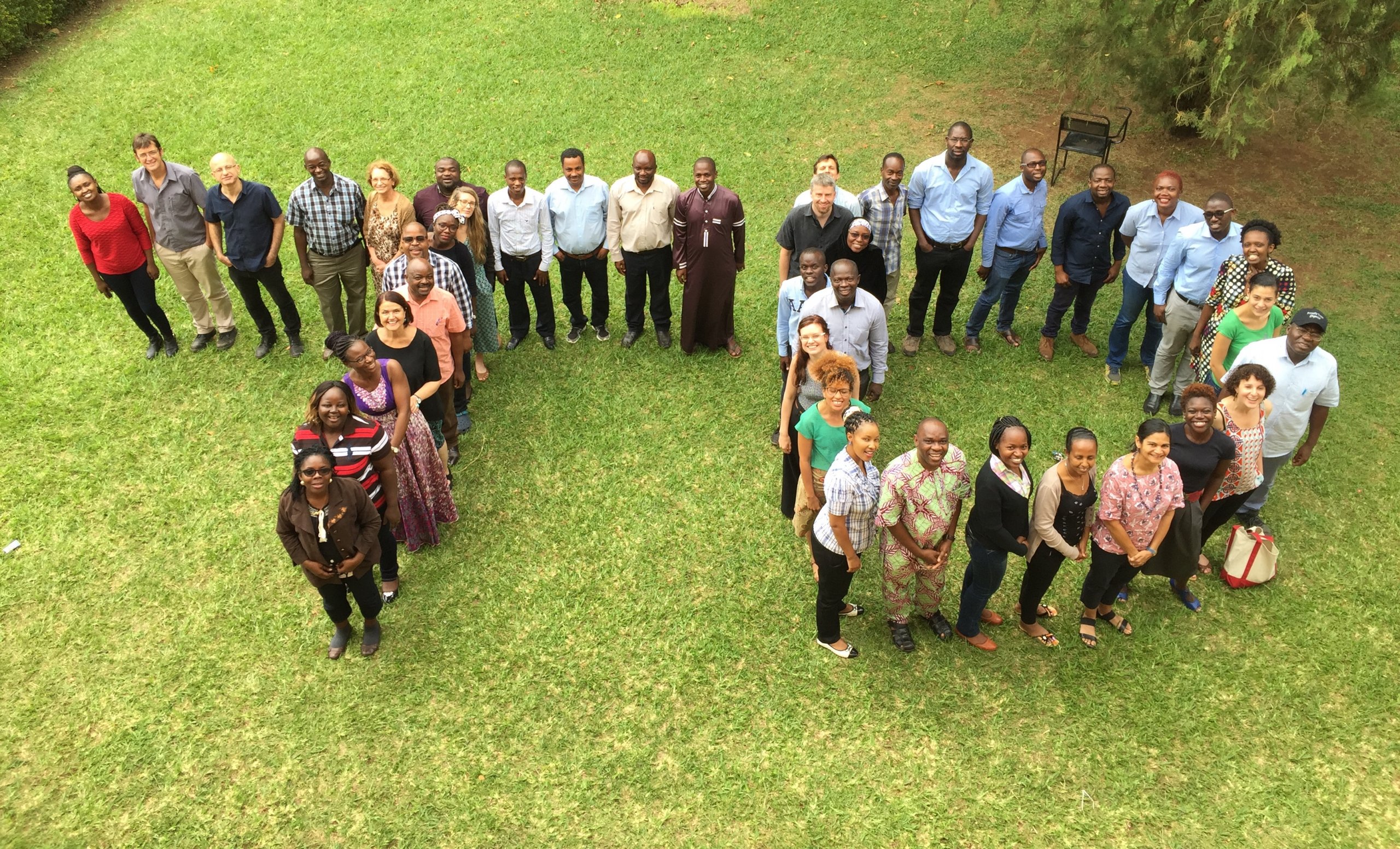As part of the 5-year “Leading Integrated Research for Agenda 2030 in Africa” programme, 31 representatives of the successful pre-proposals attended a 5-day training workshop on trans-disciplinary (TD) research, which took place on 28 August – 1 September 2017 at the Makarere University, Kampala, Uganda.

The 31 early career scientists came from 15 countries in Africa, representing different disciplines, communities of practice and different African universities. They have been selected to participate in the training through the recent LIRA call on Advancing the implementation of SDG 11 in cities in Africa.
The aims of the workshop were:
The training workshop presented theories, methods, and examples of TD research. The workshop also included modules on science communication and proposal writing as well as a field visit to the KALOCODE project in Kasubi, organised together with the Makarere Urban Action Lab.
The event was delivered by a group of TD and urban experts, including Vivi Stavrou (ISSC, France), Zarina Patel (University of Cape Town and African Centre for Cities, South Africa), Tobias Buser (TD-Net, Switzerland), Christine Kessides (former Urban Practice Manager, World Bank Institute, USA), and Omar Nagadi (Cairo Lab for Urban Studies, Training and Environmental Research, Egypt). It also included two guest lectures from Prof Nelson Sewankambo (Uganda National Academy of Sciences) and Prof Shuaib Lwasa (the Urban Action Lab in Makarere University).
Over the course of the five-day training, the researchers also worked on the development of their full proposals, which should be submitted by 20 November 2017. All proposals will undergo a scientific review process, following which the LIRA 2030 Africa programme will award up to ten grants for integrated research projects in Africa, each worth up to 90,000 Euro over 2 years. Each project is expected to stimulate and deliver the new knowledge required in the practice of sustainable urban development.
LIRA 2030 Africa is a five-year programme of the International Council for Science (ICSU), implemented in partnership with the Network of African Science Academies (NASAC) and the International Social Science Council, with support from the Swedish International Development Cooperation Agency. LIRA 2030 Africa aims to generate solutions-oriented knowledge to address complex sustainability challenges in Africa and to increase participation of the African scientific community in global research programmes.
[related_items ids=”1426″]